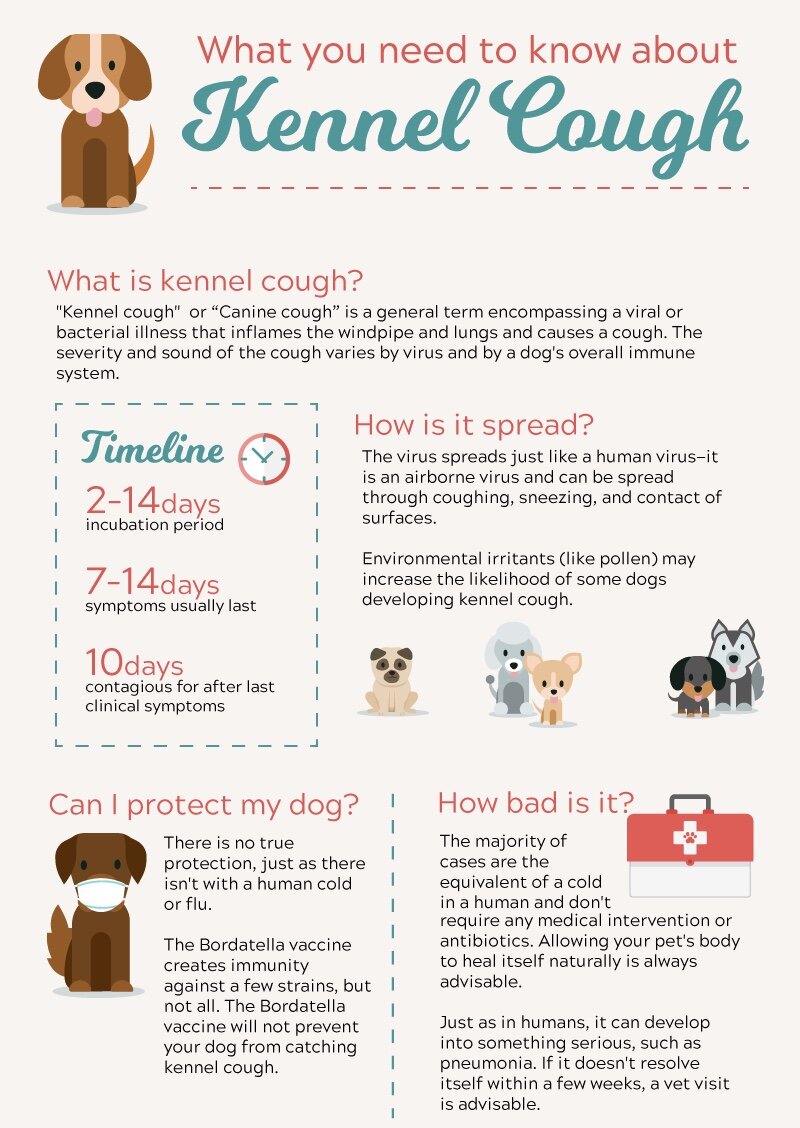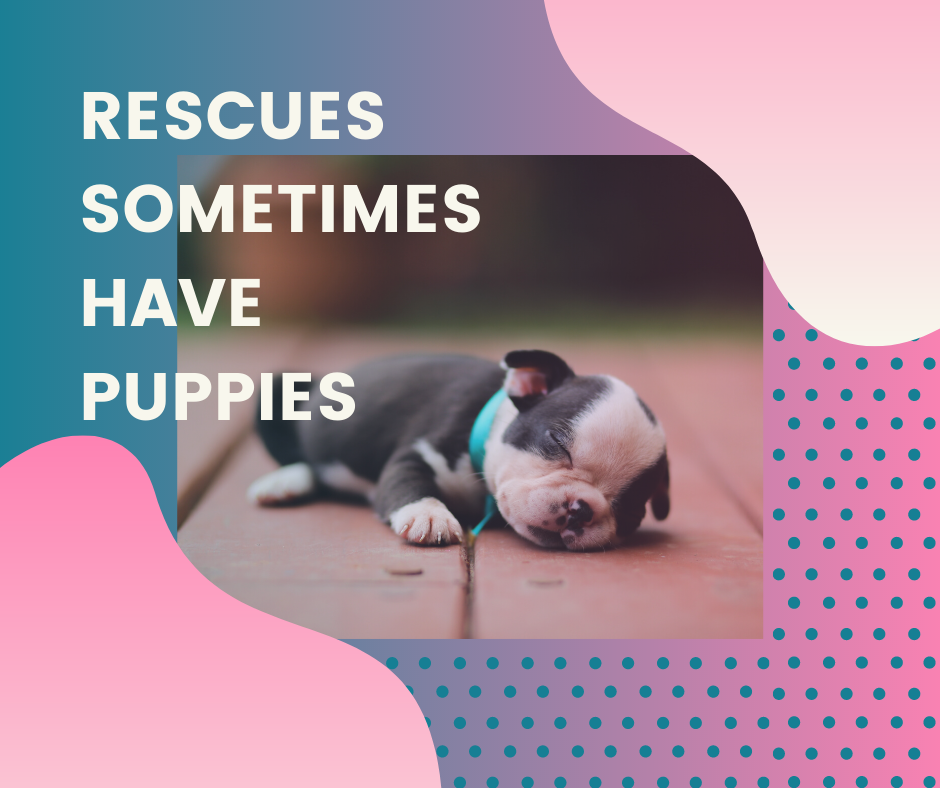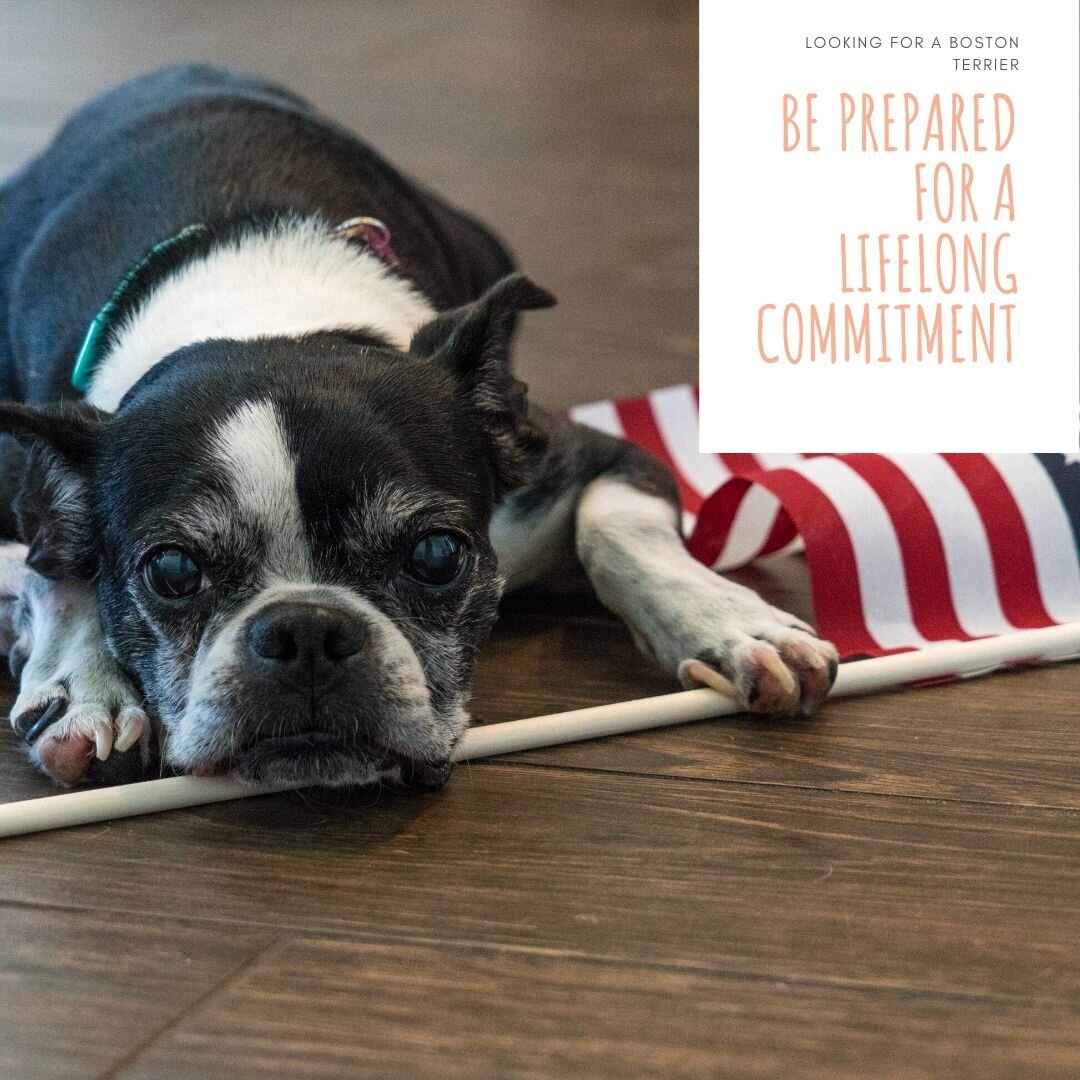November is Adopt a Senior Pet Month
What age is considered senior?
For Boston Terriers senior age is often considered to start at 9-10 years old.
Why should I adopt a Senior Dog?
You should adopt a senior dog because they’re awesome. Okay we might be a little biased but senior dogs are great. They’re already house trained, they already know all their commands and you know exactly how big/small your dog is going to be. There’s no mystery.
They love to be with their people!
Senior dogs often just want to be with their people. They don’t need a ton of exercise and play time, they’re happy to just relax on the couch with their favorite human.
They’re often overlooked
Seniors are often overlooked at shelters and rescues. A lot of people just want young puppies but adopting a senior means you can give them the best rest of their lives.
They’re great napping partners
Senior dogs need more sleep than younger dogs making them the best napping partner. This is also beneficial for people who work too as senior dogs will often nap while you’re at work all day.
They’re calmer than puppies
While senior dogs often still have tons of energy to burn they’re often calmer than having a puppy. Seniors are more likely to have short bursts of energy while puppies are non-stop.
linus: November's Meetup Member of the Month
it’s Kennel Cough season
It’s kennel cough season and we’re here to help you recognize the signs and symptoms of kennel cough.
what is kennel cough?
Kennel cough (canine infections tracheobronchitis) is a highly contagious respiratory disease. Kennel cough is most commonly contracted at dog parks, shelter environments, doggie daycare and boarding facilities. Much like the common cold in humans, kennel cough can be spread from one dog to another through airborne transmission, nose to nose contact, or sharing water/food bowls. Good news is that kennel cough is super treatable although it is harsher for young and immunocompromised dogs.
How to Tell if your pup has it?
You’ll know, trust me! My dog Shyla has had it twice and it’s a sound unlike anything else I’ve heard come out of her. Other than that here are some symptoms to watch out for:
cough (it will sound like a your pup has something stuck in their throat or like a honking sound)
sneezing
runny nose
loss of appetite
lethargy
low fever
HOW IS IT TREATED?
There is a vaccine for it, but much like the flu vaccination there are different strains that the vaccination does not protect against, so a trip to the vet to confirm the diagnosis is needed. Depending on the severity of symptoms, your vet will either let the virus run its course or will prescribe antibiotics. There are also some natural ways to help your pup through this with honey and coconut oil. Whole Dog Journal has laid out some really great ways to help clear up kennel cough naturally.
ways to prevent kennel cough
It is so important to pay attention to our pups. While kennel cough is usually very treatable it can sometimes develop into more serious conditions like pneumonia. Kennel cough can be prevented by limiting exposure to infected dogs and staying away from areas like the dog park when an outbreak has occurred.
what if symptoms persist?
If symptoms persist for more than two weeks it could be a sign of something more serious like pneumonia or congestive heart failure. Another trip to the vet will be needed to rule out anything more serious.
Mylo: October's Meetup Member of the Month
Tanner: September's Meetup Member of the Month
Kirby: August's Meetup Member of the Month
So you’re looking for a boston terrier?
Deciding to bring a dog into your family is a big decision, and one that will impact the dog’s life as well as your own. The choice between buying from a reputable breeder versus adopting from a shelter/rescue organization can often be a difficult one to make. On the one hand a new squishy puppy is hard to resist, on the other hand saving a life by adopting a rescue dog can also be an amazing experience. We’ve already shared how to find a responsible breeder here and covered how to adopt a Boston Terrier here, but we want to help you in your decision on whether to adopt or not.
Benefits of Adopting
One of the main benefits of adopting a Boston Terrier is that you’re literally saving two lives at once. You’re saving the life of the Boston Terrier you’re adopting and you’re also saving the life of another dog who needs rescue by opening up space in the shelters.
But that's not all:
Adopted dogs are often already potty trained and have already been vetted for any health or behavioral issues.
If adopting from a rescue organization they can tell you more about the dog’s personality. Due to the popularity of fostering, the dog has likely spent weeks--or even months—in a home environment. My own dog Shyla famously spent seven months in her foster home. The best rescues will prioritize quality over quantity therefore dogs sometimes spend longer in foster.
Rescues sometimes have puppies too, you just need to ask.
The best rescue organizations will use the dog's time in the organization as an opportunity to diagnose medical and behavioral issues and begin to fix them.
And last but not least, rescues will often take the dog back if it doesn’t work out. If for whatever reason the new dog doesn't adjust to your home or has unexpected issues you're unequipped to handle (medical, behavioral), returning the dog to the rescue to find more suitable placement is an option.
Risks of Adopting
If you’re adopting straight from a shelter you don’t always know the dog’s background. Sometimes a dog’s personality can change after being in your home for a while, as dogs tend to either be extremely-reserved or over-excited when placed in a new home. The behavior you see in the shelter (or as the shelter workers describe it) can be dramatically different from how your new pup acts once fully-adjusted.
It’s possible that the dog you’re adopting hasn’t been properly socialized and you will need to work on that with a positive reinforcement trainer and/or with a behaviorist. This is always a big risk with rescue dogs, as some owners would rather give up a dog than to work on the behavioral issues themselves.
Benefits to Buying from a Breeder
Buying from a responsible breeder is also a great option, but you need to be ready to commit to the care needed for the pup for the rest of its life, which could be anywhere from 12-20 years.
Here are some other considerations:
You can meet the pup’s parents and get a glimpse into what your pup will look like fully grown. You will also get a tour of the pup’s living conditions.
You know that your pup is truly purebred.
You’ll get to shape your pup into the adult you want with the proper socialization and training.
A lot of breeders also do heath and genetic testing to ensure that your pup will not have any hereditary conditions. Responsible breeders breed for the betterment of the breed and temperament.
THE CHALLENGES OF BUYING FROM A BREEDEr:
Of course, buying from a breeder is not without its drawbacks.
Every year millions of dogs are euthanized in shelters.
Puppies require a lot of time and attention, often as much as a newborn baby. (Except they pee on your shag rug instead of in a diaper.)
You’ll need to be prepared to clean up any accidents and deal with any chewing.
Purebred dogs tend to have more health problems.
Buying from a breeder can be extremely expensive, and you will be responsible for all its vetting.
Beyond these reasons, not every breeder practices best practices. There are many "backyard breeders" out there that look at this as a side hustle for quick money. These breeders will often cut corners in breeding, care, and early-life medical needs. Sometimes, they may even push pups with known medical issues on to new families without informing them.
Conclusion
In conclusion, whether you choose to adopt a Boston Terrier or buy from a responsible breeder, it is important to be honest with yourself about what your commitment level is and how much time and attention you’re willing to give to your pup. Always seek out the right positive reinforcement trainer for your dogs. A dog is a lifelong commitment and you will have to deal with all of the challenges that come with owning a dog.












